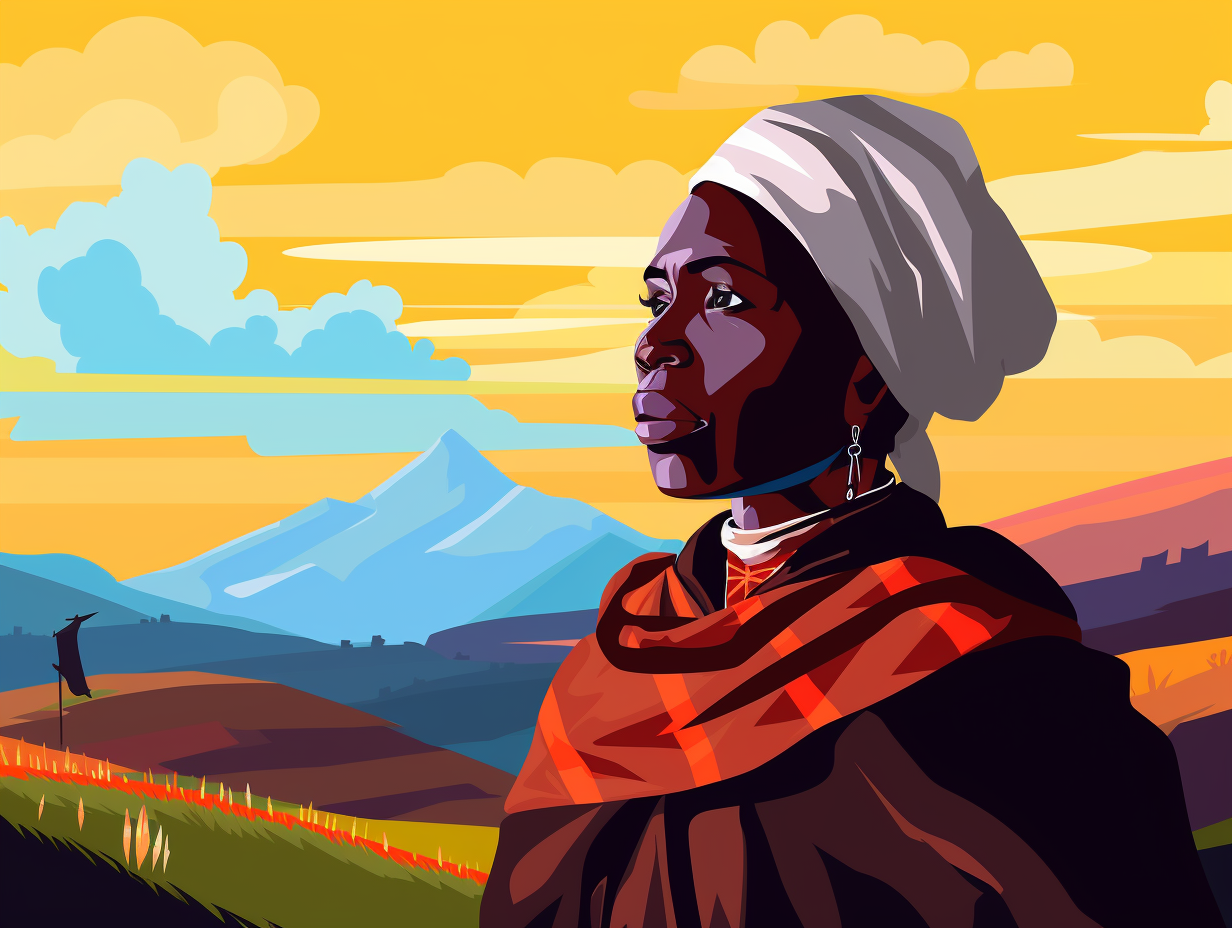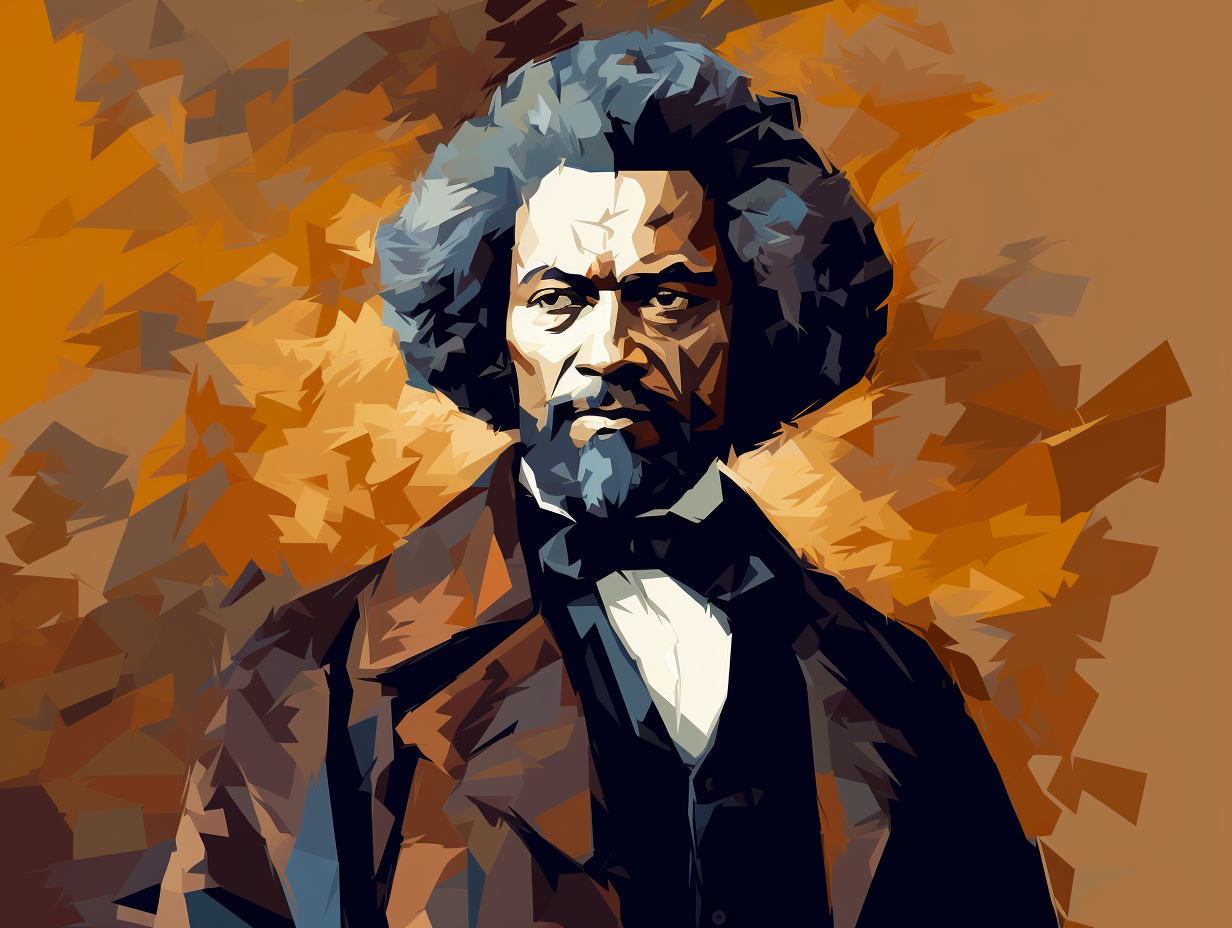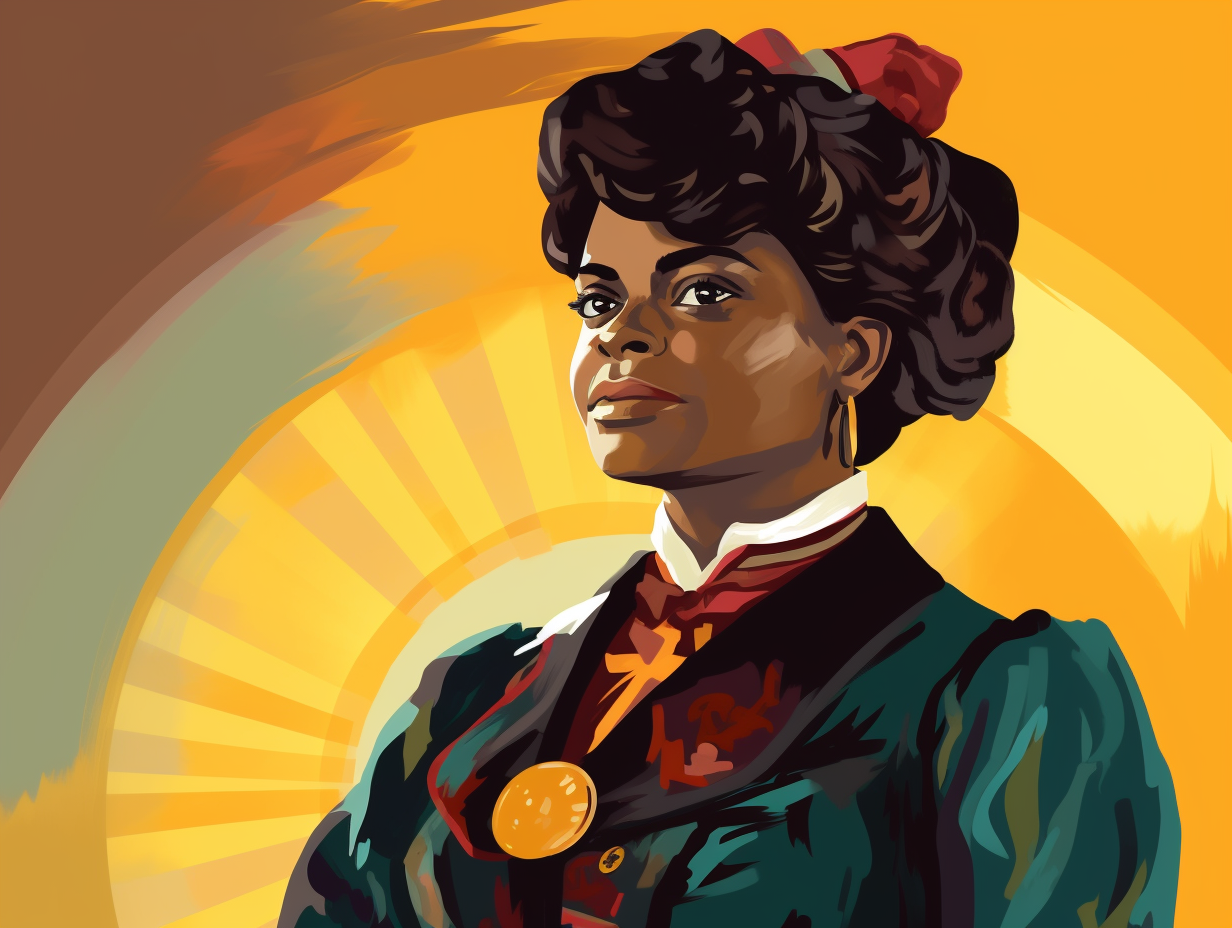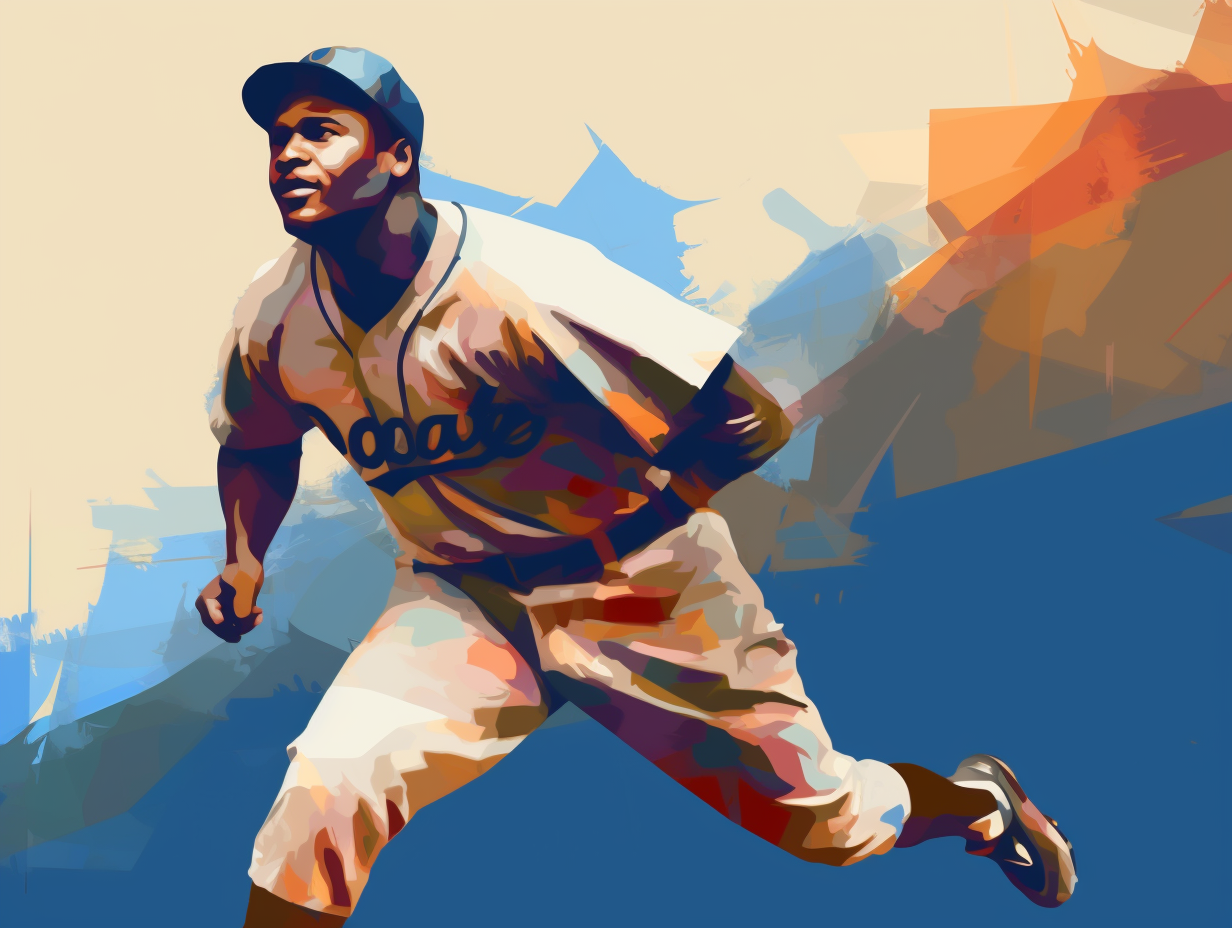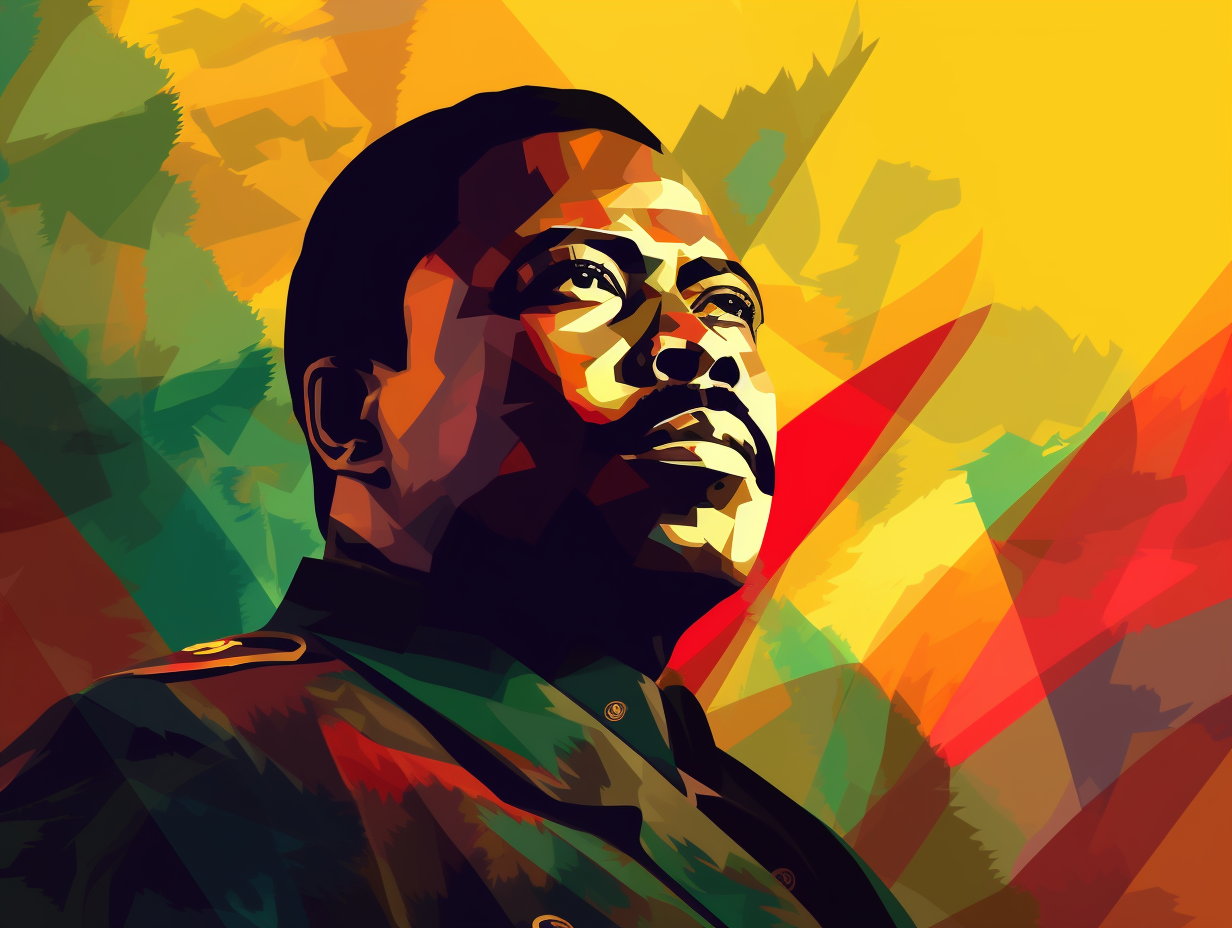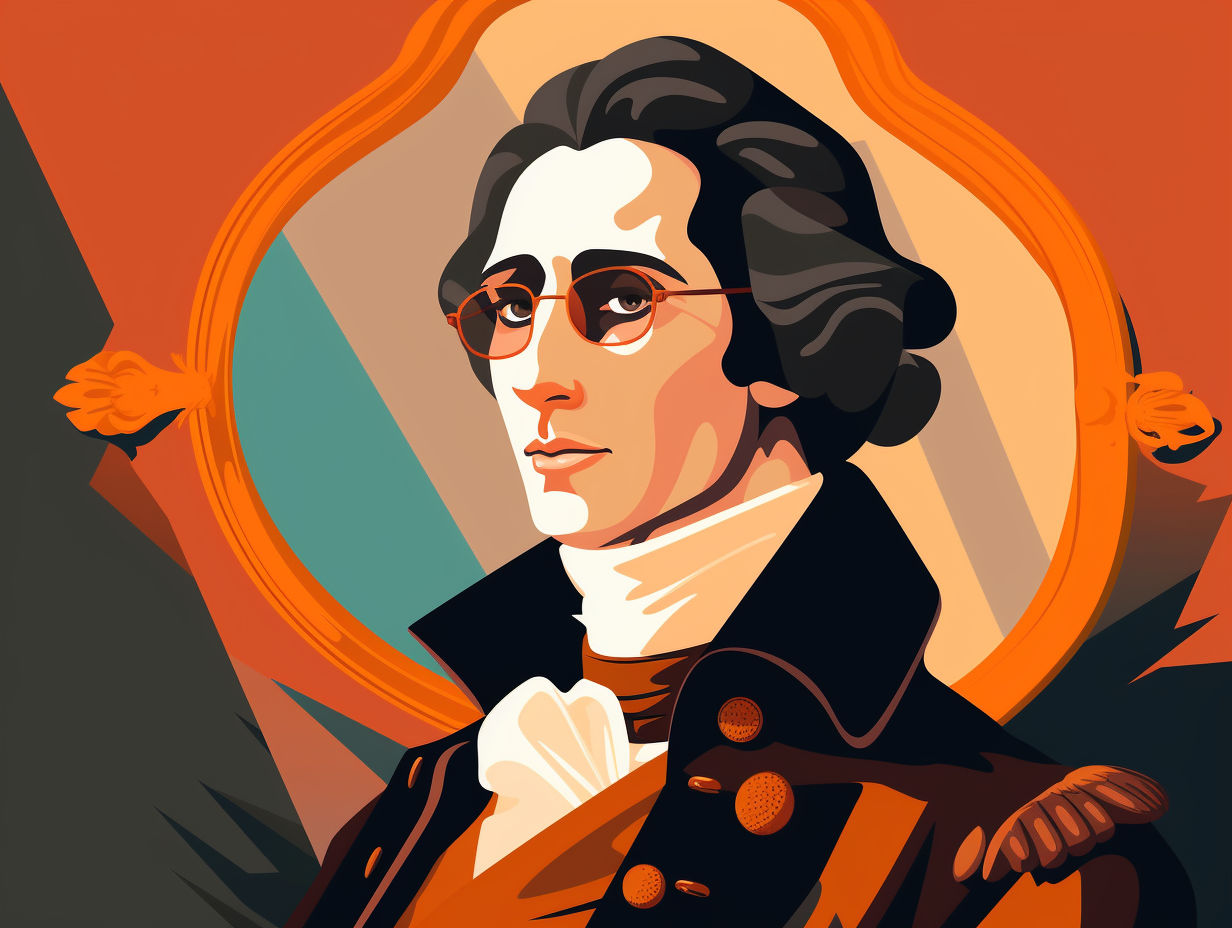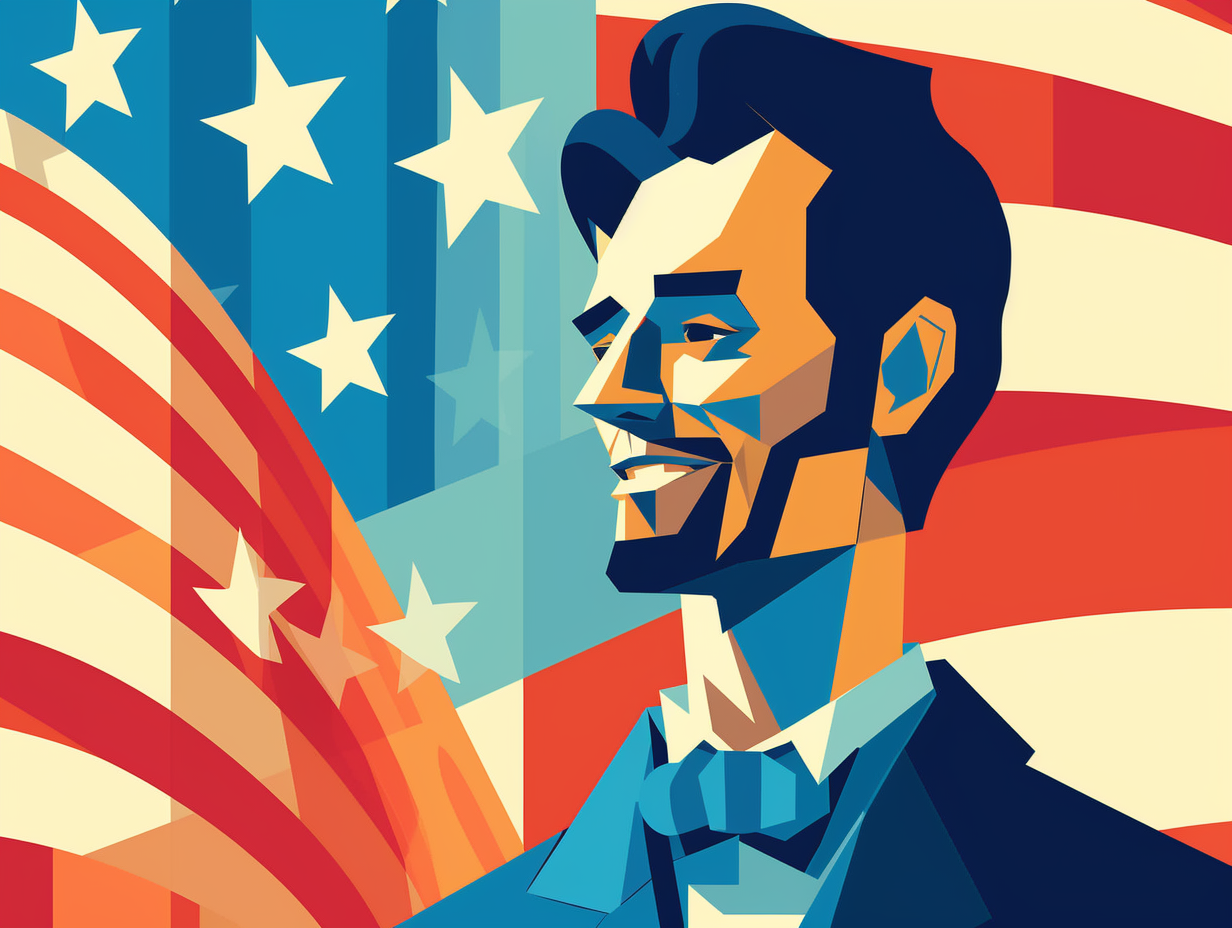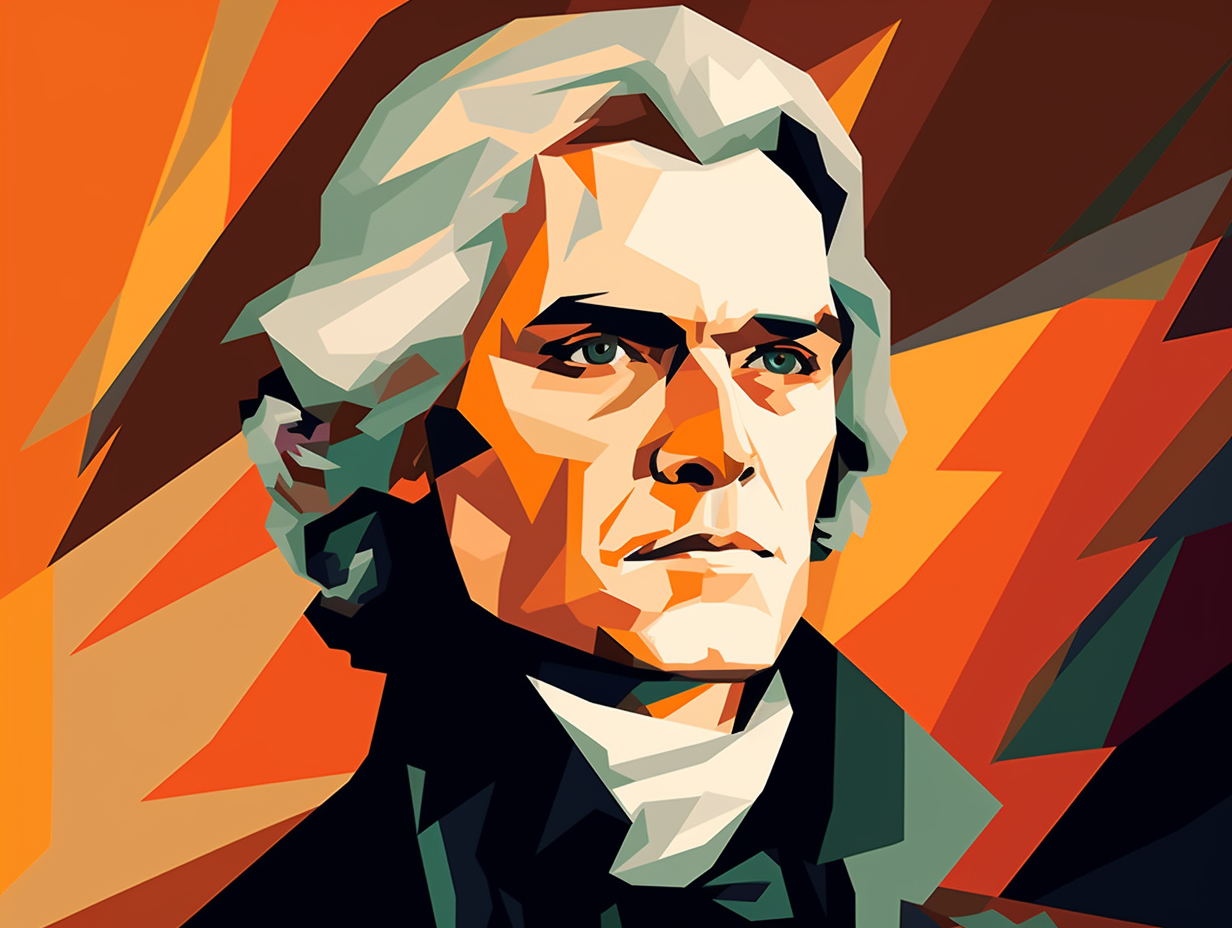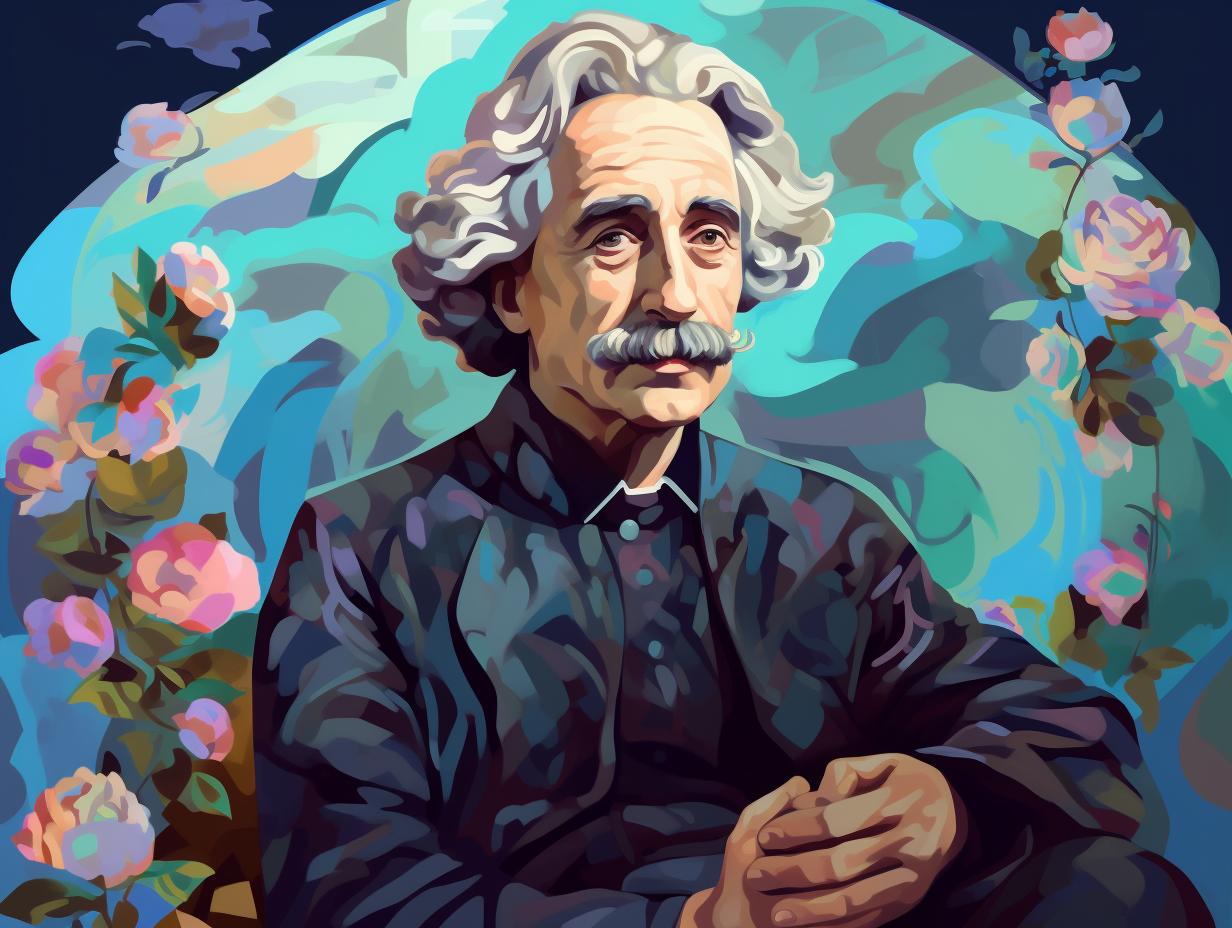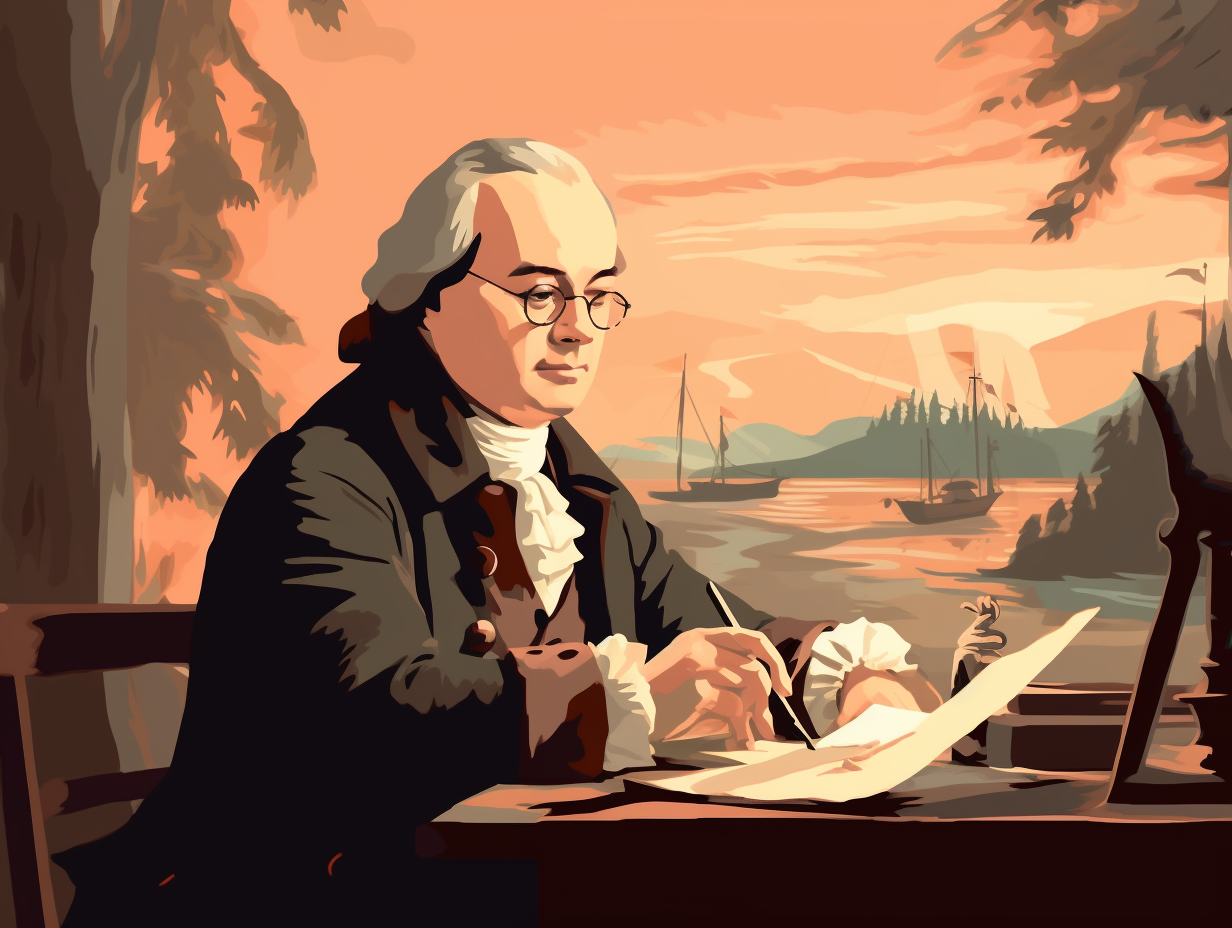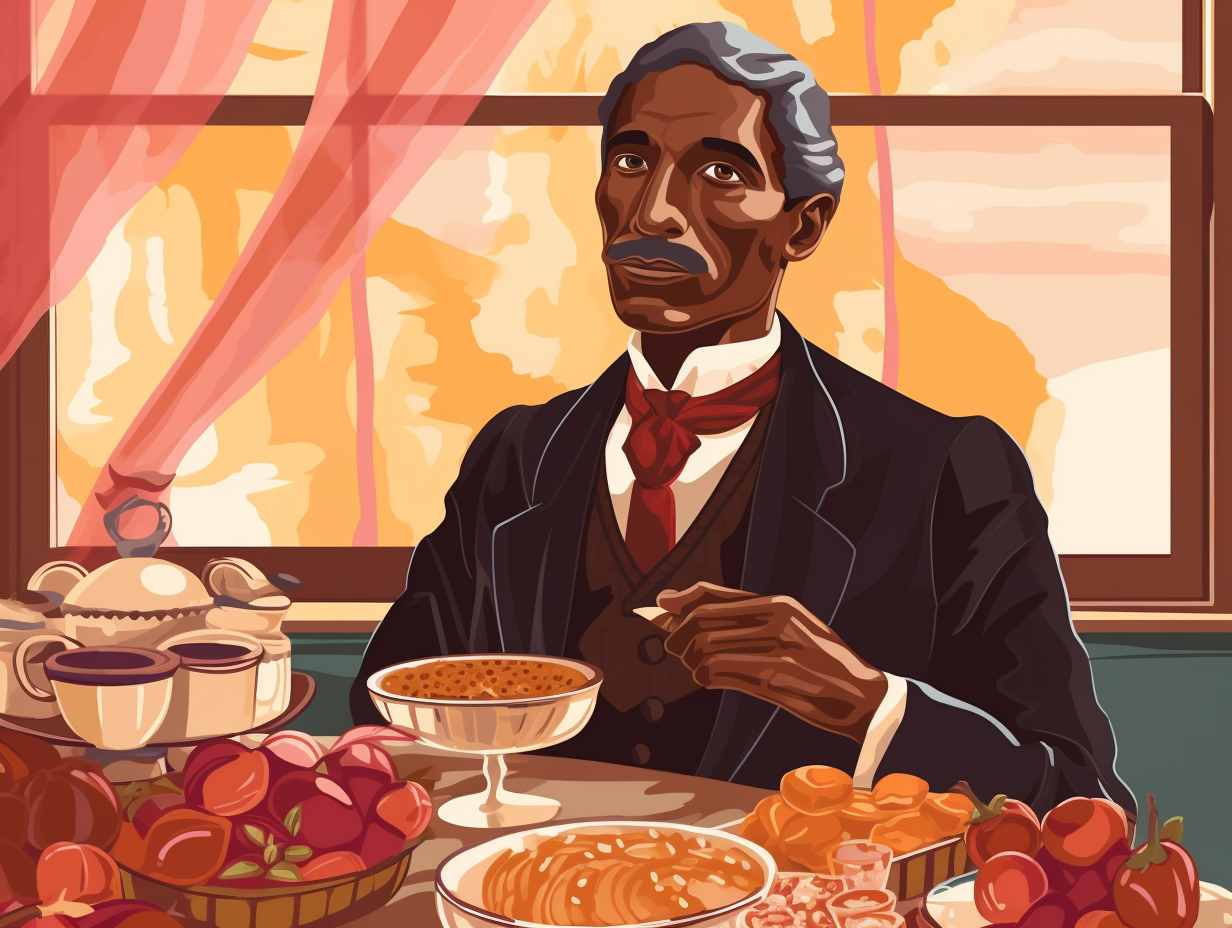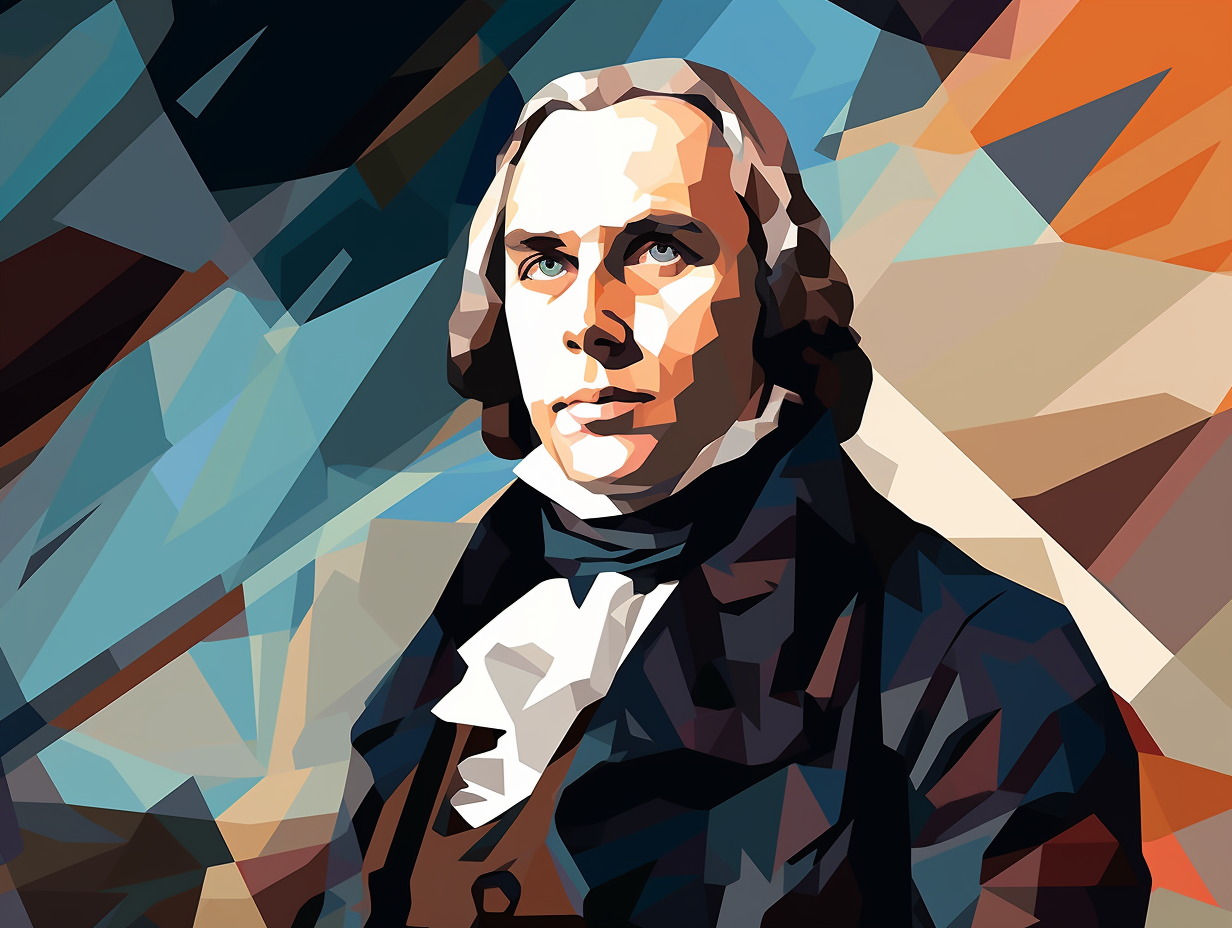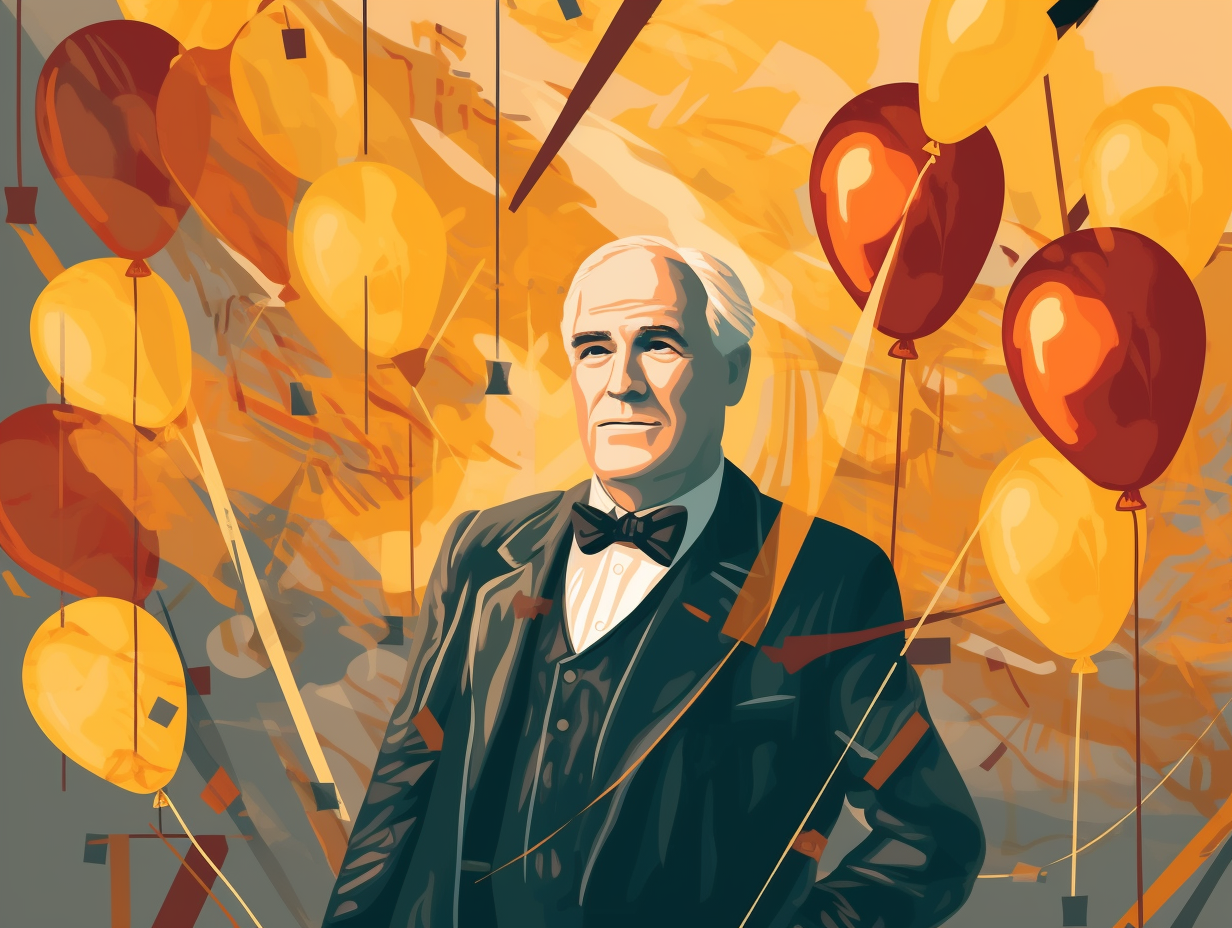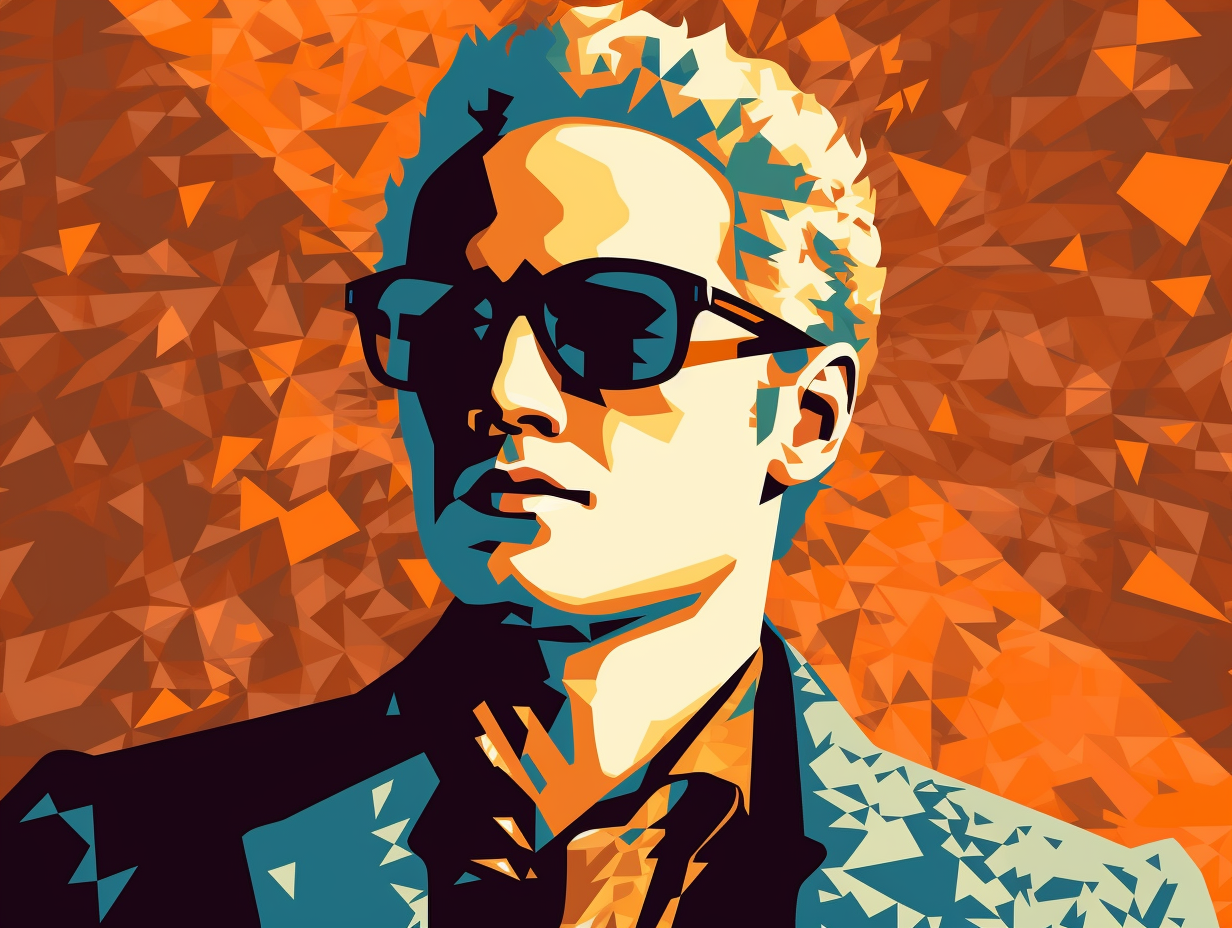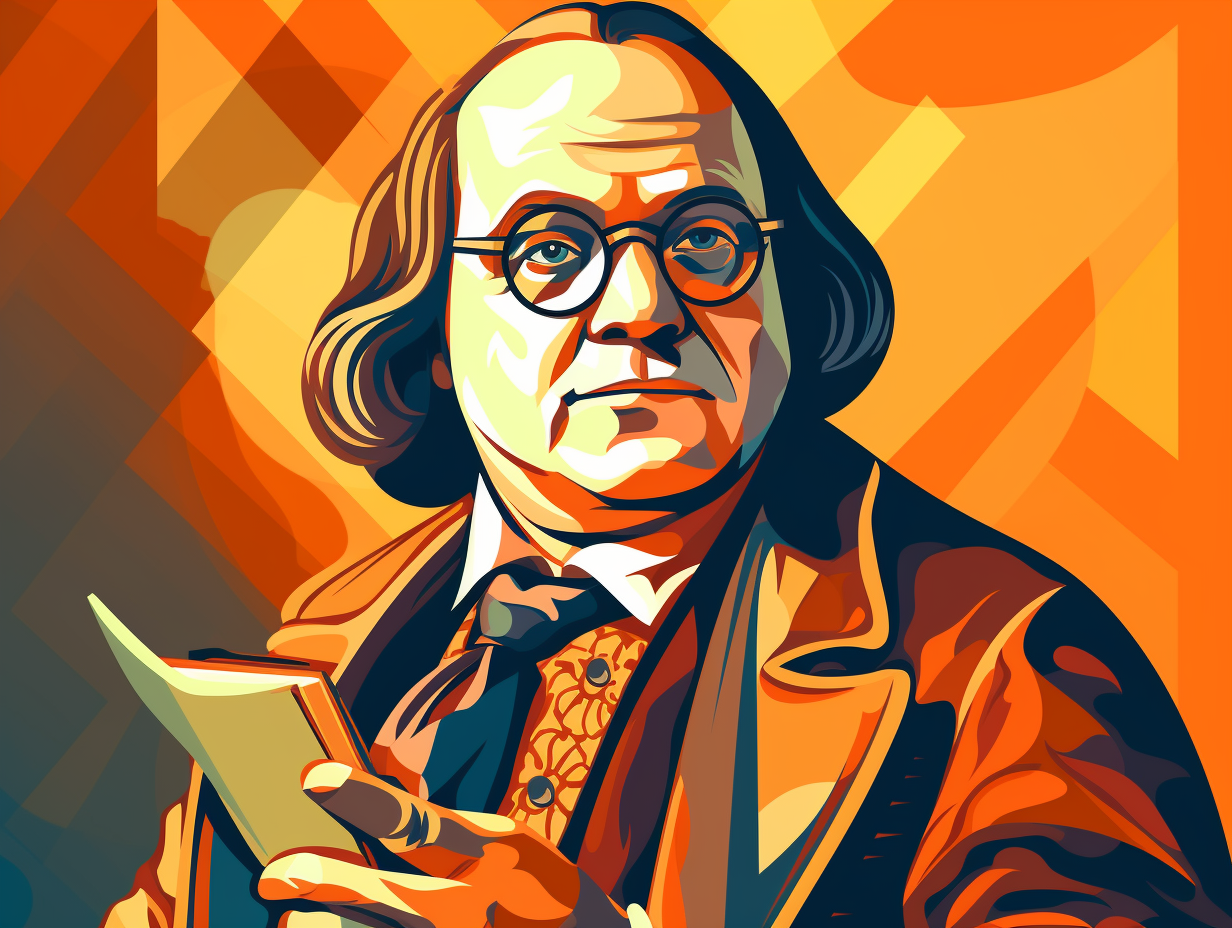Discover the Unsung Hero: Top 12 Fascinating Fun Facts About Bayard Rustin You Never Knew
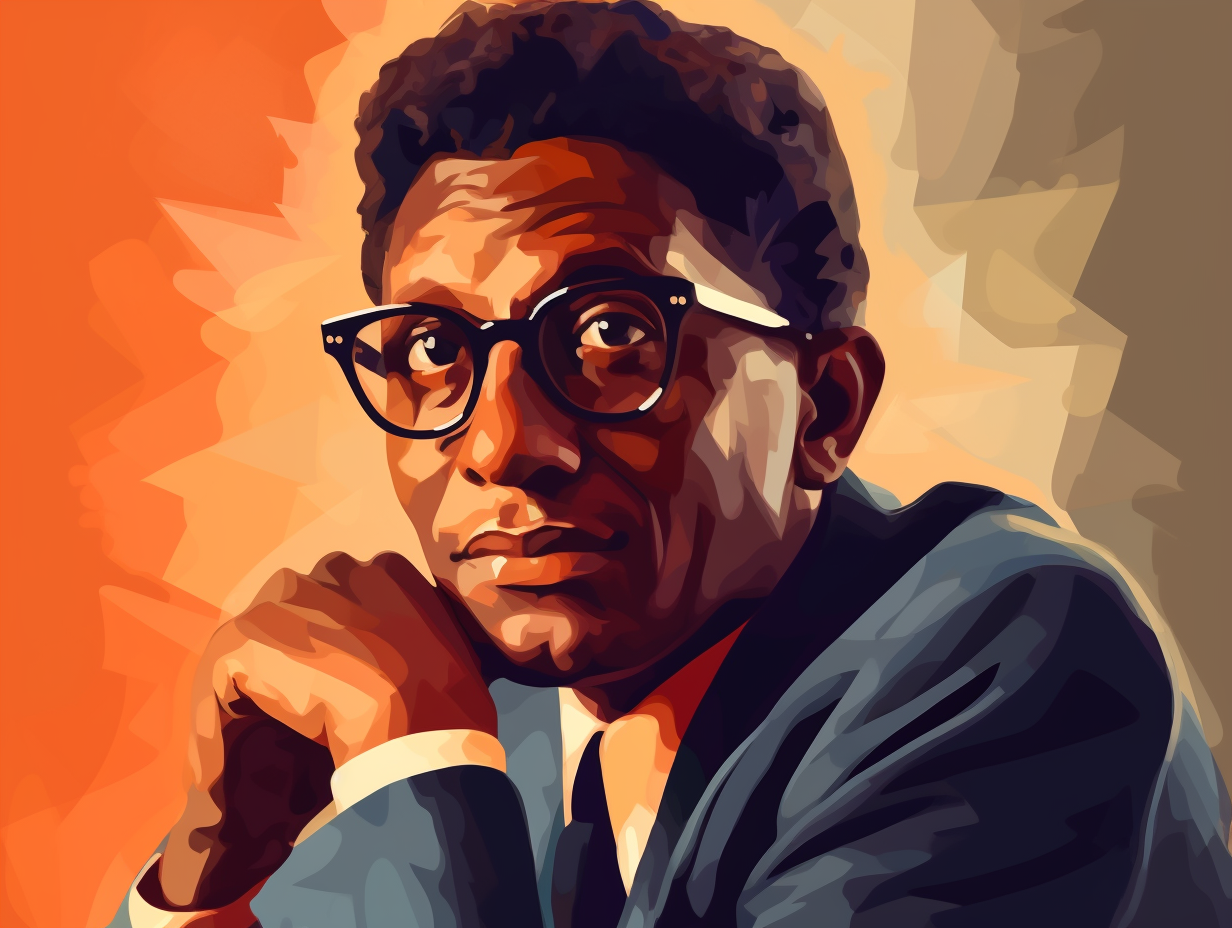
1. Bayard: The Musical Activist
If you thought Beyoncé was the only B who could hit a high note while fighting for a cause, let us introduce you to the original Bayard-tist: Bayard Rustin, a tireless civil rights activist, could belt out a tune with the best of them and often used his musical prowess to conduct race-relations workshops while touring the country. He even made a Broadway cameo alongside the legendary Paul Robeson!
Source => npr.org
2. Time-Traveling Justice Fighter
If someone handed Bayard Rustin a bass guitar and a DeLorean, he'd be the real-life Marty McFly: fighting for justice, defying societal norms, and time-traveling through bigotry like a boss: Rustin not only played a key role in organizing the protest that resulted in the 1964 Civil Rights Act, but also bravely battled discrimination as an openly gay man in the Civil Rights Movement. Soaring through the clouds of activism, Rustin left an indelible impact on civil rights and LGBTQ+ rights before his final voyage to Haiti on a charitable mission in 1987.
Source => nps.gov
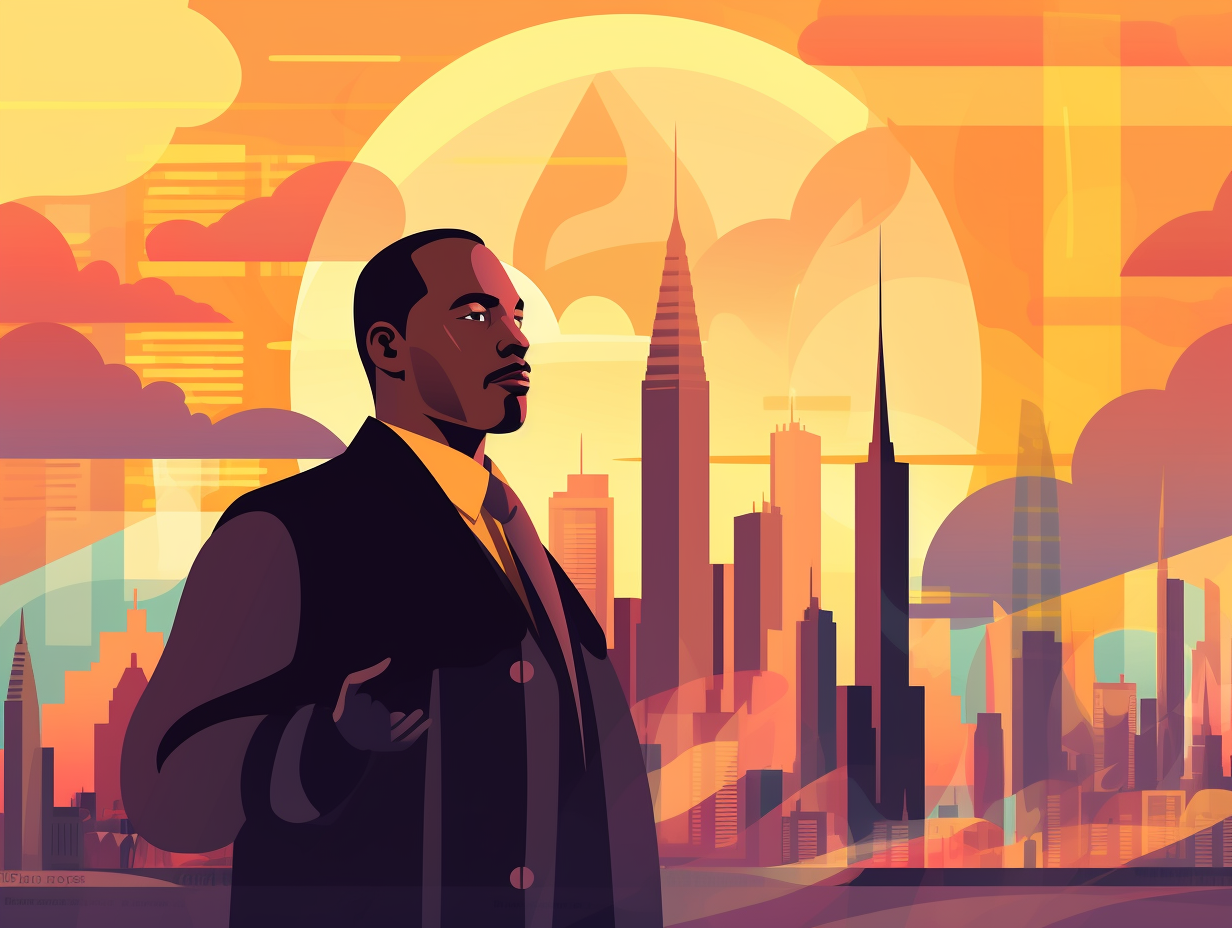
Did you know MLK Jr. could rival Hermione Granger with his impressive collection of degrees and literary achievements? Discover how he earned a doctorate, wrote five books, and more! 🎓📚✍️
=> Fun Facts about Martin-Luther-King-Jr
3. Civil Rights Lemonade Maker
When life gave him lemons, Bayard Rustin made civil rights lemonade: This skilled orchestrator of peaceful protests served justice by the pitcher-full, despite the backlash he faced for his sexuality and political associations, ultimately earning Martin Luther King Jr.'s respect and playing an essential role in events like the Southern Christian Leadership Conference and the 1963 March on Washington for Jobs and Freedom.
Source => kinginstitute.stanford.edu
4. Nonviolence Man: The Superhero
If Bayard Rustin were a superhero, his name might be "Nonviolence Man," and his mighty coalition-building powers would bring everyone together for justice: This unsung crusader is renowned for his dedication to nonviolence and mass action, working alongside his mentor, A. Philip Randolph, to ignite the March on Washington for Jobs and Freedom in 1963. Together, they forged alliances among prominent civil rights groups, faith organizations, and trade unions to champion national civil rights legislation, living wages, affordable housing, and full employment, shaping the future of American activism.
Source => dissentmagazine.org
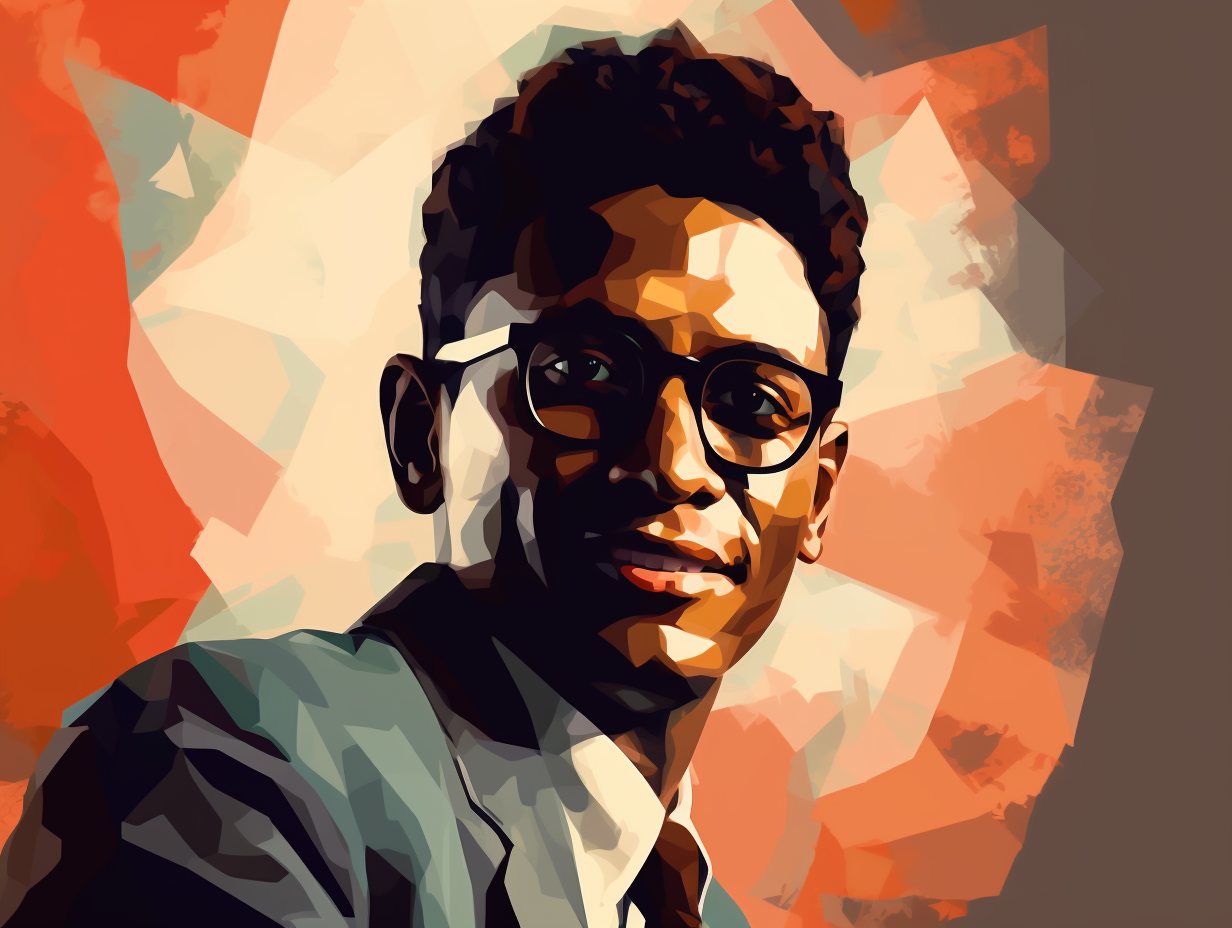
5. Rustlin' Up a Civil Rights Stunner
When life throws you lemons, rustle up a civil rights stunner: Bayard Rustin, despite being a controversial figure due to his homosexuality and previous ties to the Communist Party, became Martin Luther King's "Mr. March-on-Washington," orchestrating the pivotal 1963 March on Washington for Jobs and Freedom.
Source => kinginstitute.stanford.edu
6. Dr. Pacifism: Gandhi's Protégé
Rumor has it that Bayard Rustin secretly held a doctorate in Pacifism from the school of Gandhi: This Civil Rights powerhouse advised Dr. Martin Luther King Jr. on nonviolent principles, orchestrated the impactful Montgomery Bus Boycott in 1955, and played a crucial role in organizing the groundbreaking 1963 March on Washington for Jobs and Freedom, which ultimately led to the passage of the Civil Rights Act of 1964 and Voting Rights Act of 1965.
Source => civilrights.org
7. Renaissance Faire's Missing Star
Who knew the Renaissance Faire was missing a fabulous headliner? Hold on to your turkey legs: Bayard Rustin was not only a skilled musician, but a collector of historical musical instruments with a unique affection for early music. In the 1950s, Rustin recorded a couple of LPs, including Elizabethan Songs & Negro Spirituals, where he serenaded our hearts with his voice and lute skills. This passion was ignited when he received a lute as a gift while imprisoned for his conscientious objections during World War II, eventually leading to him being hailed as a connoisseur of historical instruments with a collection that boasted keyboards, lutes, guitars, and even a viola da gamba.
Source => earlymusicamerica.org
8. Sizzling Civil Rights Party Planner
Mixing civil rights with a dash of party and sizzle: Bayard Rustin, a pivotal civil rights leader and confidant to Martin Luther King Jr., managed to juggle his past Communist Party ties and proud homosexuality while brilliantly orchestrating the 1963 March on Washington for Jobs and Freedom in under two months, rallying over 200,000 freedom fighters to the nation's capital.
Source => kinginstitute.stanford.edu
9. Unsung Puppet Master of MLK's Stage
Ever imagine MLK sharing the stage with a behind-the-scenes wizard we barely hear of? A true scene-stealing puppet master in the civil rights movement: Bayard Rustin, the unsung organizer of the historic March on Washington in 1963, where Dr. Martin Luther King Jr. famously shared his dream with all of us.
Source => pbs.org
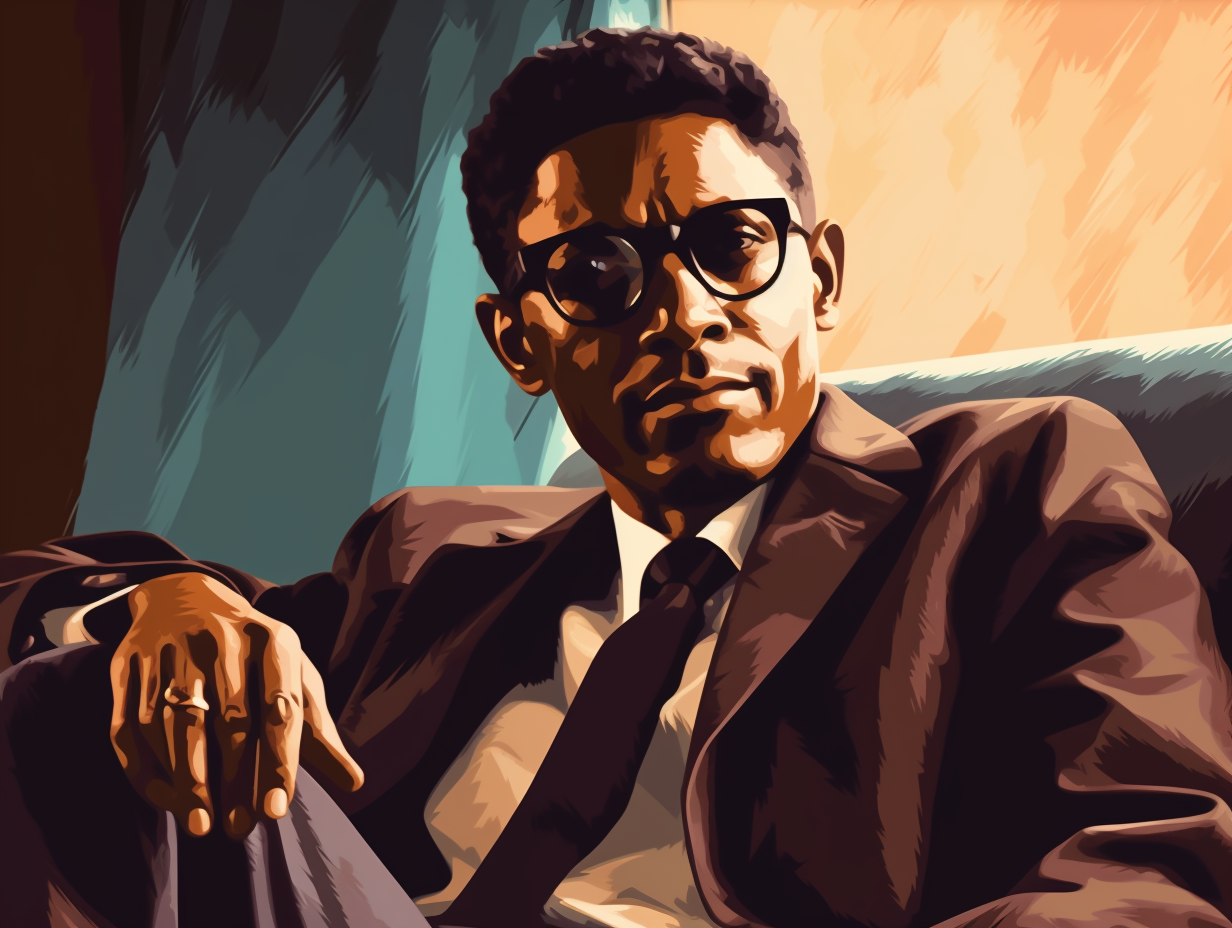
10. The Guiding Force Behind MLK
If Rosa Parks sat so Martin could walk, then Bayard Rustin was the guy who made sure Martin treaded the right path: As the chief organizer of the 1963 March on Washington for Jobs and Freedom, Rustin faced opposition for his homosexuality but remained dedicated to the cause, playing a crucial role in advancing civil rights for all Americans.
Source => en.wikipedia.org
11. Scorn Soufflé to Pardon Parfait
Once a scorn soufflé, now a pardon parfait: Bayard Rustin, a civil rights leader whose arrest over his sexual orientation led to a seasoned "dish" of delegitimization served by Sen. Strom Thurmond, was posthumously pardoned 67 years later by California Gov. Gavin Newsom, wiping clean the sullied recipe of his legacy in the fight for justice.
Source => cnn.com
12. Out of the Closet, Into History
Talk about being straight out of the closet and right into history: Bayard Rustin, despite grappling with discrimination and remaining a hidden figure due to his sexuality, masterminded the iconic March on Washington for Jobs and Freedom in 1963, paving the way for the Civil Rights Act and propelling the African American Civil Rights Movement to success.
Source => nps.gov
Related Fun Facts

